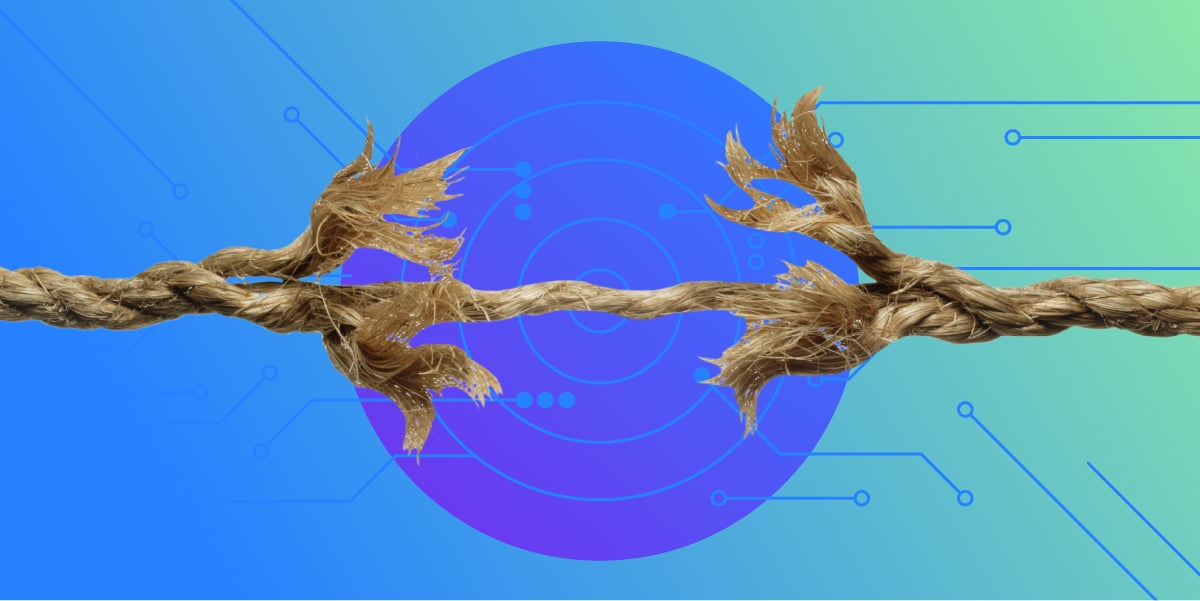 This is the first production release of m2eclipse in more than a year, and it couldn’t come any sooner. In this release, you’ll find that we’ve separated the update sites. There is now a core update site and an extras update site which contains optional components. For more details about the installation, please read the installation instructions on the m2eclipse site.
This is the first production release of m2eclipse in more than a year, and it couldn’t come any sooner. In this release, you’ll find that we’ve separated the update sites. There is now a core update site and an extras update site which contains optional components. For more details about the installation, please read the installation instructions on the m2eclipse site.
One important note about the 0.10.0 release: you cannot upgrade from 0.9.8 or 0.9.9-dev. You must either uninstall the previous version from your Eclipse installation, or you should start with a new installation of Eclipse. The recommended version of Eclipse for this release is 3.5.1. You can download this eclipse distribution from http://www.eclipse.org/downloads. The rest of this post details what is new and noteworthy about the m2eclipse 0.10.0 release.
What’s New and Noteworthy in this release?
- Stability - We’ve spent the last year working on stability and performance. If you are used to using m2eclipse 0.9.8, you’ll notice a remarkable performance improvement between these two versions.
- Integrated with Maven 3.0 - This release of m2eclipse includes Maven 3.0-alpha-6+. One of the primary drivers of the Maven 3.0 effort was to reimplement some of the "guts" of Maven to make it easier to embed within frameworks like the Eclipse IDE. If you are wondering what changes need to be made to your projects to use Maven 3.0, the answer is "none". Maven 3.0 is a revolutionary upgrade that will enable the next generation of development tools, but you don’t have change a thing in your project. It should all just work.
- Compatibility with Maven 3.0 CLI behaviour
- Major performance improvements compared to 0.9.8
- Full support for proxy/mirror/auth configuration as per settings.xml
- Note for Maven 2 Users: If you need to configure m2eclipse to use a Maven 2 installation, you can do so in the m2eclipse preferences.
- Maven Project Lifecycle Mapping framework - This framework gives you the ability to customize the Maven plugins and plugin goals which are involved in your development cycle. If you need to configure the Maven Resources plugin to update resources every time your project is built within Eclipse, there is a new tab available in the m2eclipse POM Editor.
- Developed using the new Project Configurator API
- Eclipse project configuration and build can be fully customized for project types and individual projects
- Implementation of plexus-build-api to allow mojos participate in eclipse incremental/full builds
- Support for modello, plexus metadata, antlr3, build-helper, resources (from site-extras)
- Reimplemented nexus-indexer integration and repositories view - m2eclipse is very tightly integrated with the Nexus indexer, and it uses it to quickly locate dependencies and artifacts. This release adds a new Repositories View which gives you the ability to inspect, modify, and manage the Maven repositories (including your Local Maven Repository) in an easy-to-use interface.
- m2eclipse now tracks repositories defined in settings.xml and project pom.xml files
- New option for disabled, min, or full index details for each Repository
- Supports the new Incremental Index Standard
- Remote index files are cached in maven local repository and shared between workspaces, as a result workspace initialization in m2eclipse is much faster.
- Preliminary eclipse 3.6 support - While we don’t yet recommend the use of Eclipse 3.6, this release does start to add preliminary support for the platform.

.jpg)



